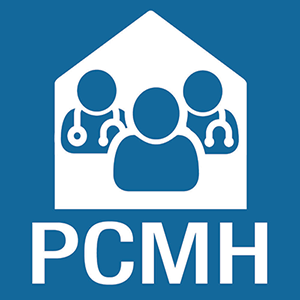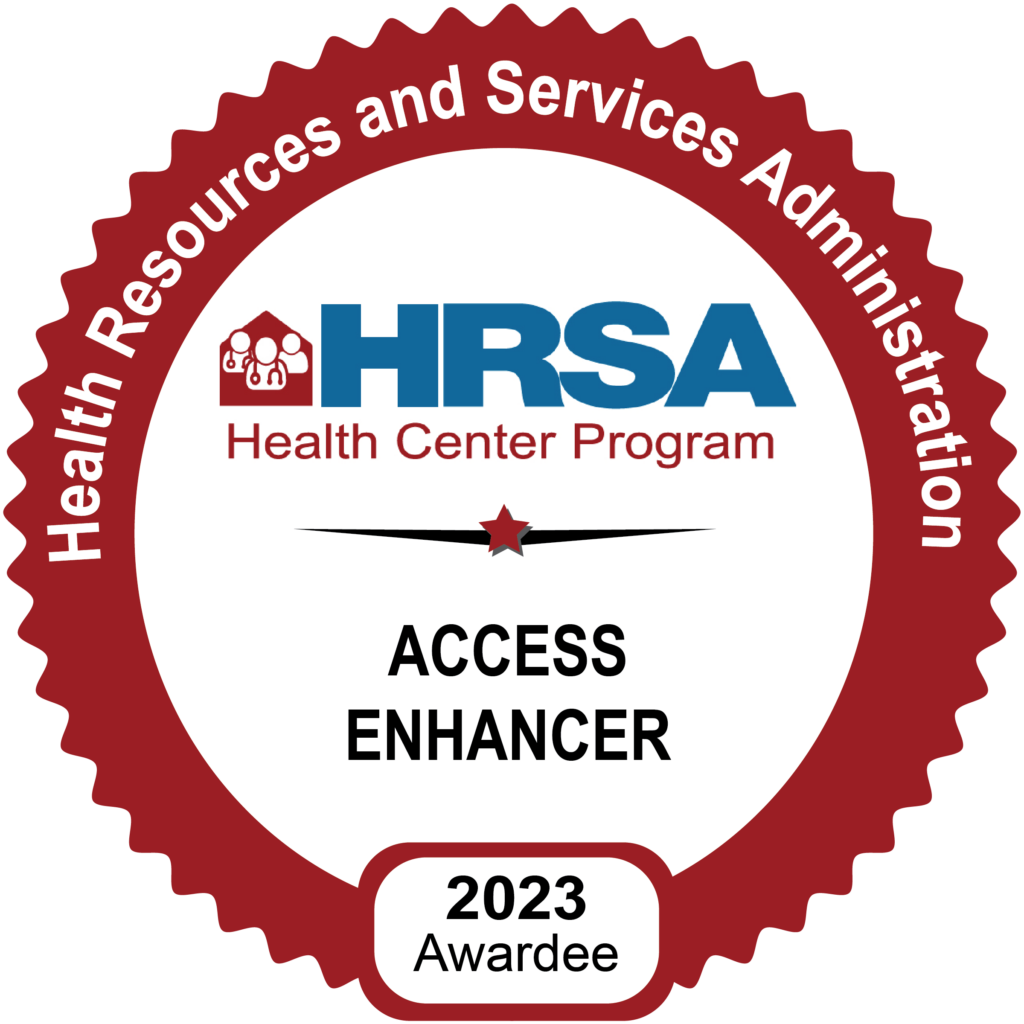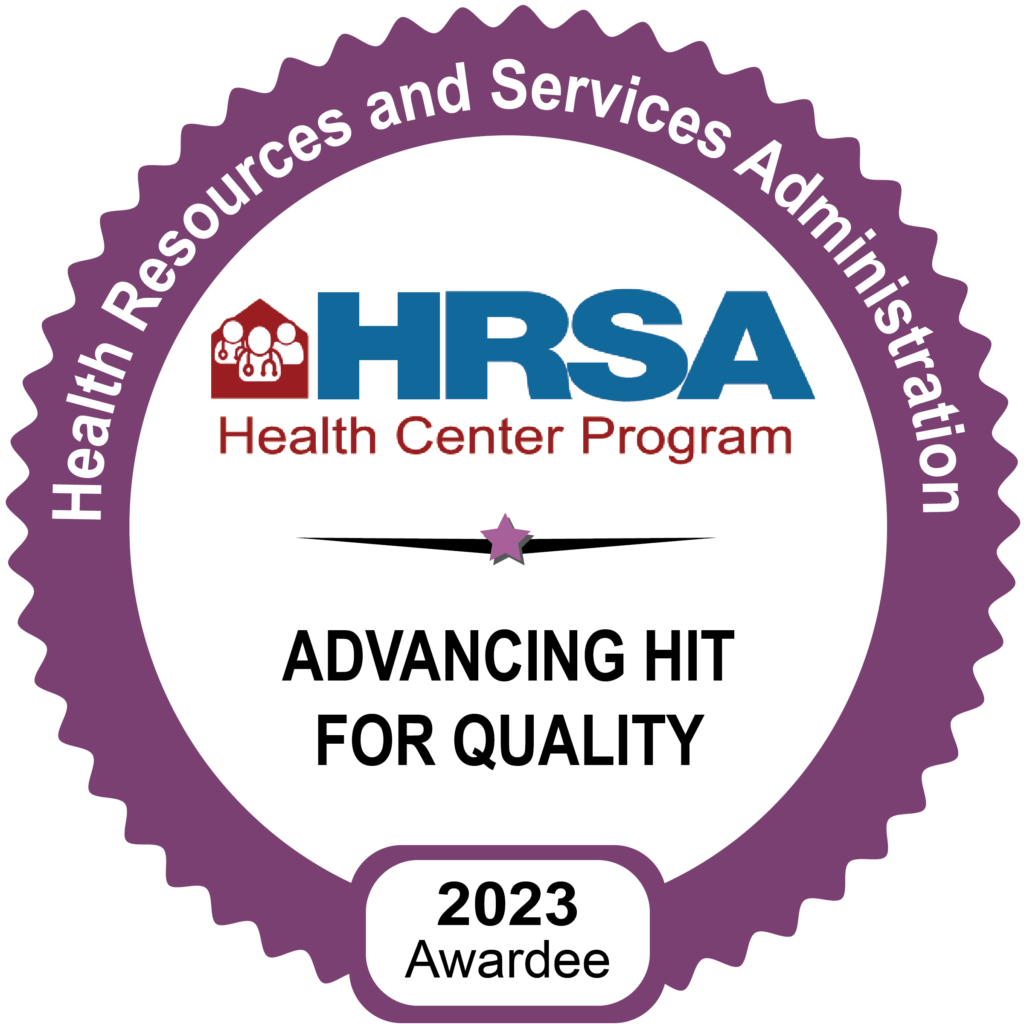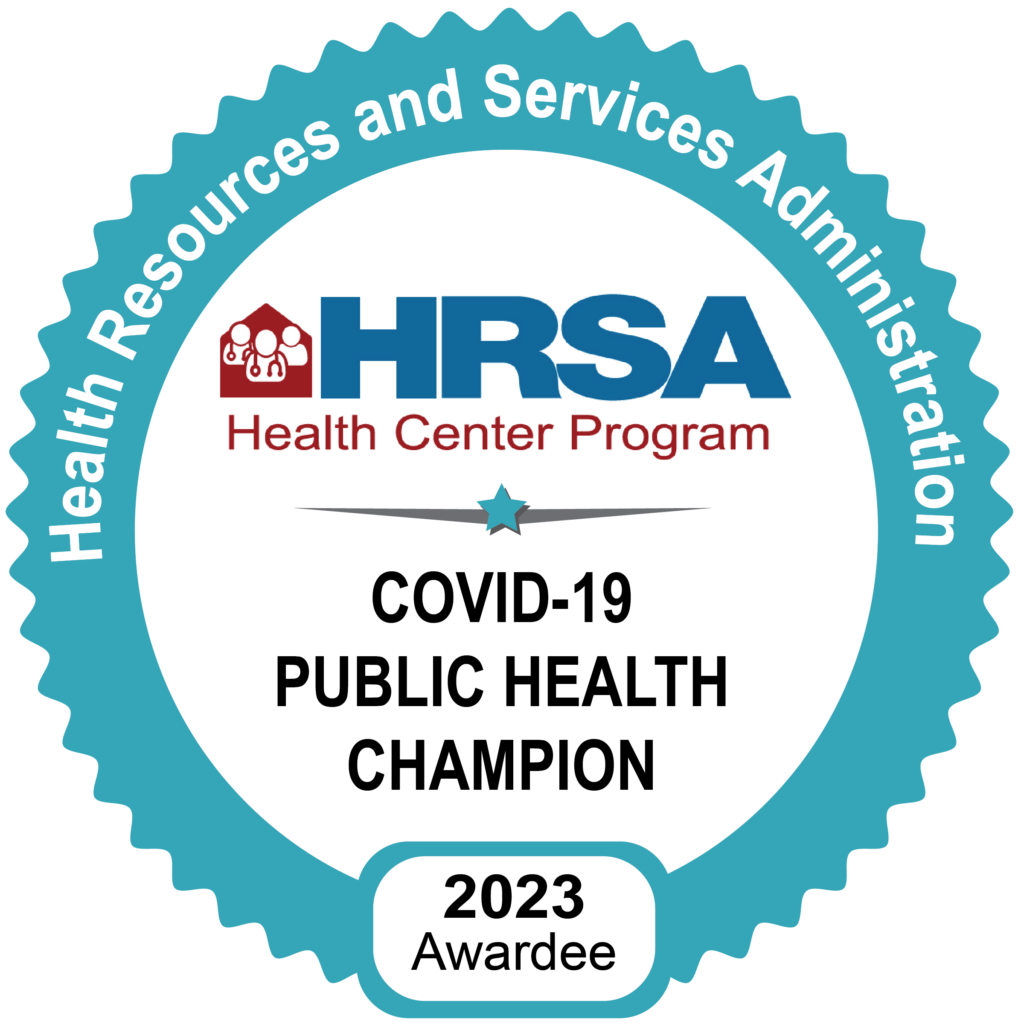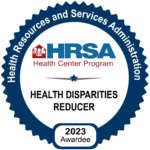Today’s health care landscape would have been almost unrecognizable 50 years ago. Miracle drugs and medical devices have changed how we approach everything from diagnostics to disease prevention and treatment. But one of the most fundamental differences is an approach that helped spark the entire progressive health care reform movement. And it started right here in Massachusetts, where its practitioners are continuing to lead the state and the nation.
In 1965, physician activists H. Jack Geiger and Count D. Gibson Jr. developed a new model to provide accessible, affordable and high-quality health care. They founded two community health centers, the first in the Columbia Point section of Dorchester; and the second in Mound Bayou, Mississippi.
This new model — a community health center — introduced concepts that form the foundation of health care today: prevention and wellness, chronic disease management, population health, and patient-centered care. We see these concepts playing out today in Worcester at three community health centers: the Edward M. Kennedy Community Health Center, Family Health Center of Worcester, and Community Healthlink.
The groundbreaking model of health care launched by community health centers seeks to improve the overall health of entire neighborhoods by approaching care holistically, understanding and addressing the specific cultural, social and economic conditions affecting patient health. It has succeeded in 1,200 health centers across the U.S., which serve nearly 28 million Americans. We primarily serve low-income, uninsured, disadvantaged and indigent populations; individuals who struggle with the social determinants of health. We provide primary care services to anyone seeking medical care, through all age groups.
Taking innovative approaches to local problems is a hallmark of the Community Health Center Model, which we see in the care Worcester’s community health centers provide to more than 52,000 of our neighbors. We work diligently to provide comprehensive primary care to anyone who needs it, regardless of their economic status. We offer affordable dental care in communities without fluoridated water. We help adults, children, and families recover from the effects of homelessness. We control the spread of infectious diseases. We assist refugee populations to regain health and become a part of a medical home. We offer behavioral health services integrated in primary care, and work with community partners to treat addiction and address the social determinants of health.
Worcester’s community health centers work particularly hard to support vulnerable groups in staying healthy, which helps to drive down overall health care costs for everyone. As active partners in the Prevention and Wellness Trust Fund initiatives, we work to prevent falls and injuries among the elderly, improve management of high blood pressure and reduce the impact of asthma in children. To manage the spread of HIV and Hepatitis C, and to support patients already diagnosed, our community health centers work together to provide confidential HIV testing, early intervention services, and high quality HIV care. More recently, two of our organizations were selected to test a cutting-edge approach for increasing patient access to much needed dermatology services using remote 3D imaging technology.
Recent data from the U.S. Health Resources and Services Administration shows that Massachusetts health centers continue to score higher than the national average on federal quality outcomes and disparities measures related to childhood immunizations, assisting prenatal patients, reducing the incidence of low birth weight babies, and helping patients manage diabetes, hypertension, and other chronic conditions. Worcester’s health centers are nationally accredited by The Joint Commission, meeting the highest standards of quality in the industry, and are recognized by the National Committee on Quality Assurance as patient-centered medical homes. Furthermore, the high-quality care at community health centers is extremely cost-effective. Massachusetts health centers care for more than 935,000 patients annually and generate more than $1 billion in annual savings for the Commonwealth, in part by reducing emergency room visits, hospital stays and the need for higher-cost specialty care among their patients, according to recent analysis by non-profit Capital Link.
The challenge for the immediate future will be to sustain health center innovation through the radical economic transition health care is undergoing. Competition for health care workers, particularly primary care providers, is intensifying. The Massachusetts League of Community Health Centers is leveraging support from state and federal policymakers, business, philanthropy, and health care industry partners to address this need. From public-private loan forgiveness programs for health center primary care providers, to health center-based residency training programs, to community leadership programs designed to cultivate the next generation of physician and administrative leaders, health centers continue their hallmark grass-roots efforts to lead the industry forward. More recently, the League has begun development of a new outreach program to educate secondary school students about the opportunities for careers in community health care.
Health Centers are open to everyone, and from education to philanthropy, everyone can support this movement. We invite you to visit your Worcester community health centers to see the good work our staffs do every day.
Antonia G. McGuire is president and CEO of the Edward M. Kennedy Community Health Center; Frances Anthes is president and CEO of Family Health Center of Worcester; and Deborah Ekstrom is president and CEO of Community Healthlink.
Antonia G. McGuire, Frances Anthes, and Deborah Ekstrom
